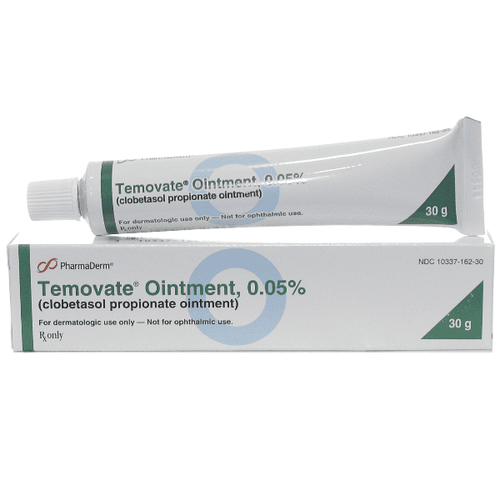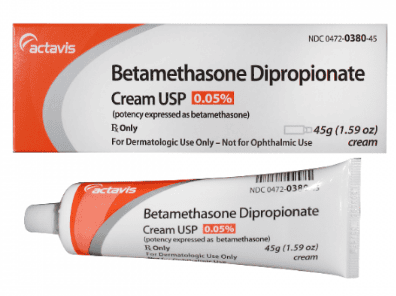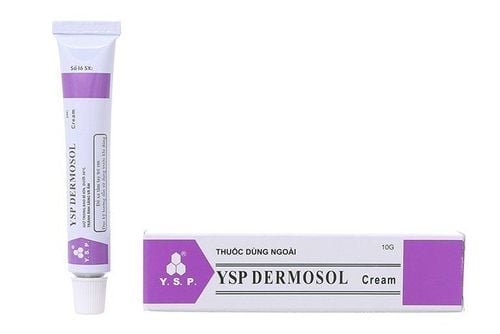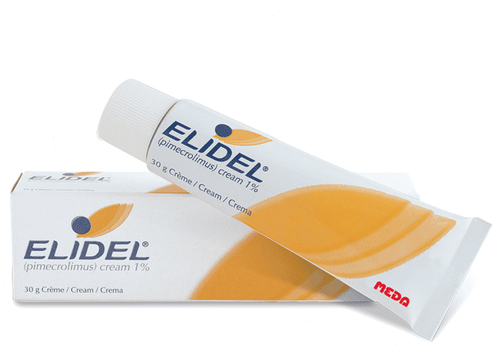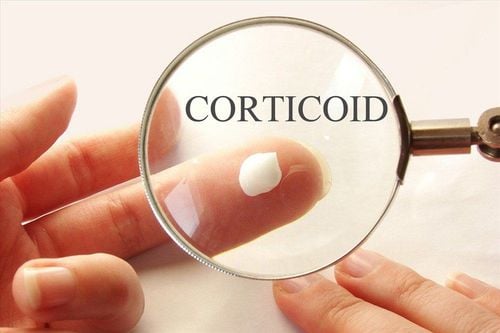This is an automatically translated article.
Scalp psoriasis can have many negative effects on living and working activities. The disease causes dandruff, itching, insomnia, skin infections, hair loss.1. Overview of Scalp Psoriasis
Scalp psoriasis is a common skin disorder that causes raised, red, often scaly patches. The scaly patches may be raised locally or spread over the entire scalp. They can also spread to the forehead, back of the neck, behind or inside the ears.
Scalp psoriasis is not spread from other people. Doctors believe that scalp psoriasis is caused by an abnormality in the functioning of the immune system that causes skin cells to grow too quickly and build up in plaques. The disease can run in families.
Scalp psoriasis is usually mild and has almost no symptoms. However, the disease can also manifest in severity, persist for a long time and cause plaque to thicken or rupture. An itchy scalp can affect sleep and quality of life. Excessive scratching of the scalp can lead to skin infections and hair loss.

Bệnh vẩy nến da đầu không lây lan từ người khác
2. Symptoms of Scalp Psoriasis
Symptoms of mild scalp psoriasis may include only mild, scaly patches. Symptoms of moderate to severe scalp psoriasis include:
Red, rough scales Silvery white flakes Falling in dandruff-like flakes Dry scalp Itching Pain or burning sensation Hair loss Scalp psoriasis itself does not cause hair loss, but excessive scratching or severe medical conditions with aggressive treatment can lead to temporary hair loss. Your hair usually grows back after the scalp has been cleaned.
If you have any of these symptoms, see a dermatologist. Your doctor may order a skin biopsy to rule out conditions similar to scalp inflammation.

Bệnh vẩy nến da đầu ở mức độ nhẹ xuất hiện các mảng vảy nhẹ
3. Treatment of Scalp Psoriasis
3.1. Topical Treatment Treatment directly on the skin using pharmaceutical shampoos, creams, gels, lotions, foams, oils, ointments and soaps. You can buy some of these products through a pharmacy, but the stronger ones require a prescription. Over-the-counter products typically contain one of two FDA-approved drugs for psoriasis:
Salicylic acid Coal tar Prescription products for scalp psoriasis and other FDA-approved medications, such as:
Anthralin: An old prescription drug Antibiotics: Treating bacterial infections or Yeast associated with scalp psoriasis Calcipotriene: A potent vitamin D derivative Calcipotriene and betamethasone dipropionate: A vitamin D derivative in combination with another potent topical steroid Tazarotene: A vitamin A derivative Drugs Treatment of scalp psoriasis usually involves applying it directly to the scalp. Follow your doctor's instructions until the scalp heals, which may take 8 weeks or more. Once psoriasis is gone, you should prevent recurrence by washing your hair regularly, using coal tar (coal coal) twice a week or other drugs.
3.2. Clinic/hospital treatment If you have mild scalp psoriasis in several areas of your head, your doctor may consider injecting steroids directly into those areas. If you don't respond to methods topical treatment, laser or non-laser light source phototherapy may help. For example, the excimer laser focuses intense light on the affected areas and avoids the surrounding healthy skin. Ultraviolet (UV) light from a UV comb can be used to treat the entire scalp. If you have thinning hair, or a shaved head, your doctor may recommend that you go out in the sunlight for short periods of time.

Trao đổi với bác sĩ về các phương pháp điều trị phù hợp
If you have moderate to severe scalp psoriasis, your doctor may prescribe oral or intravenous medications. Oral medicines include:
Corticosteroids Cyclosporine (Sandimmune) Methotrexate (Rheumatrex) A strong form of vitamin A called a derivative (Soriatane) These medicines can cause serious side effects, including liver damage , so they need to be monitored by a doctor. It's also important to know that oral vitamin derivatives are different and more potent than over-the-counter vitamin supplements. Regular vitamin A and D supplements don't help.
The newest class of drugs approved by the FDA are called biologics. Injections can keep the skin from making too many scalp cells. According to the American Academy of Dermatology, 7 biologics that may be used include:
Adalimumab (Humira) Etanercept (Enbrel) Guselkumab (Tremfya) Infliximab (Remicade) Ixekizumab (Talz) Secukinumab (Cosentyx) Ustekinumab (Stelara)
4. Living with Scalp Psoriasis
Scalp psoriasis cannot be cured, only treatments can reduce symptoms, control flare-ups and prevent recurrences. People who follow a treatment plan rarely suffer from severe scalp psoriasis in the long run.
In addition to treatment, doctors also give valuable advice to help improve the effectiveness of treatment, reduce the trouble that this medical condition brings.
Please dial HOTLINE for more information or register for an appointment HERE. Download MyVinmec app to make appointments faster and to manage your bookings easily.
Reference article source: Webmd.com




